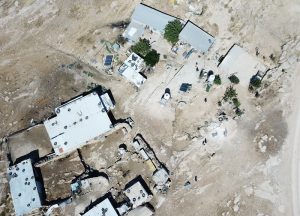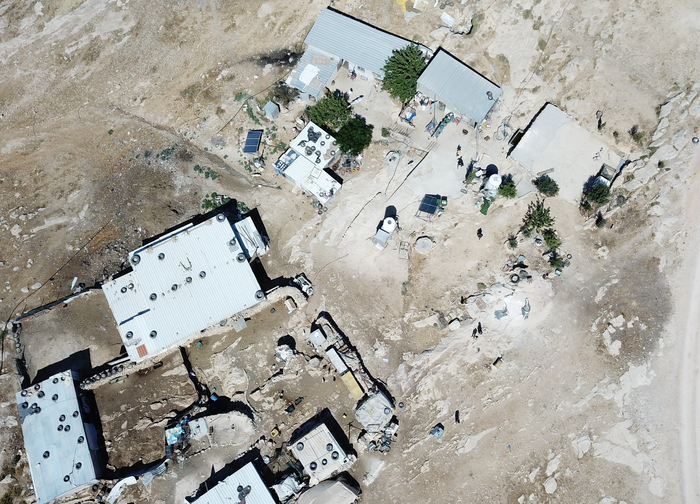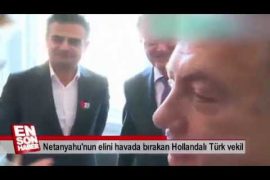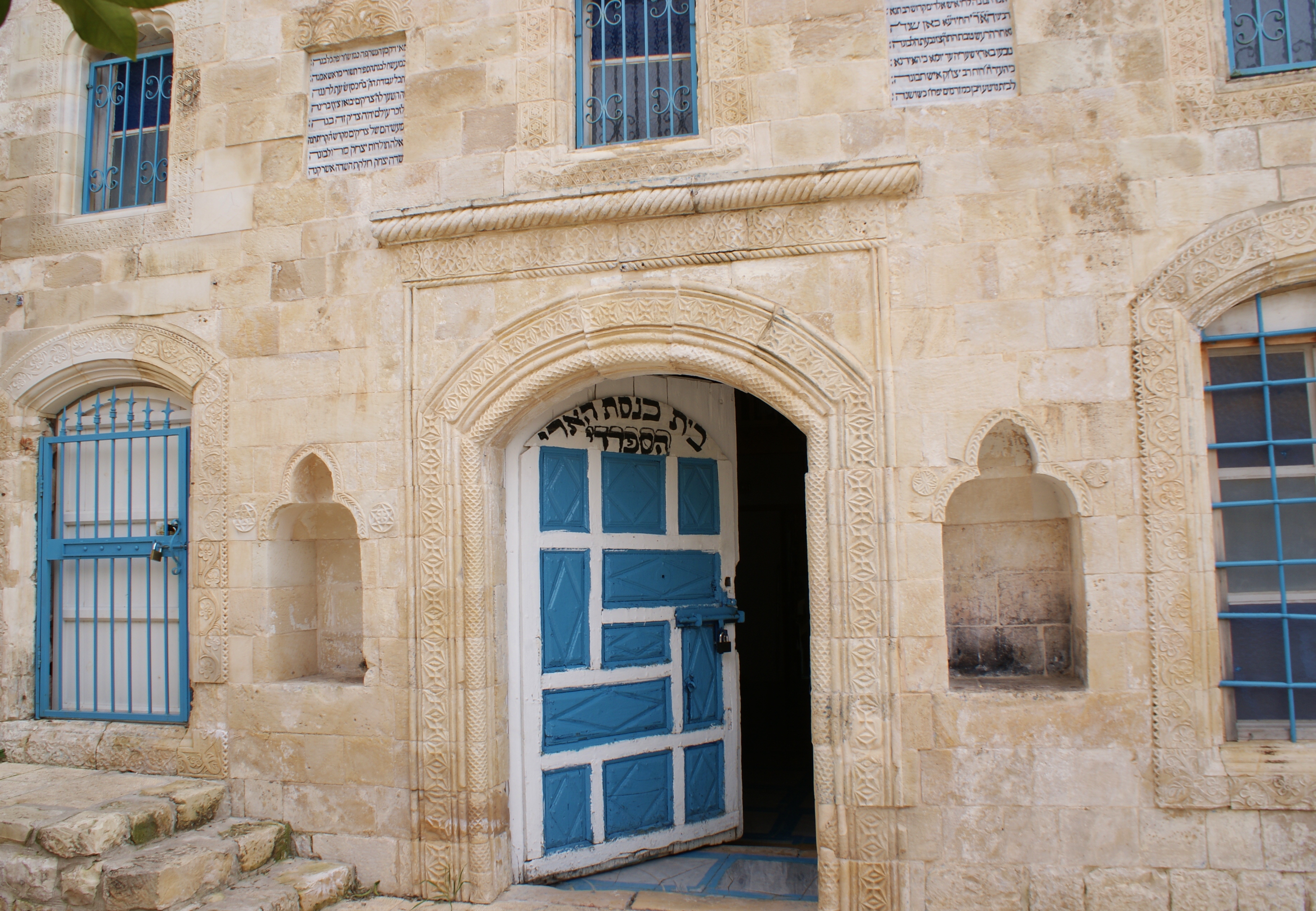
We recently posted about a Guardian podcast focusing on the more than 1,000 Palestinians living within 8,150 acres in what’s known as Masafer Yatta – eight hamlets, mostly collections of low-slung homes with makeshift roofs in the South Hebron hills, within Israeli controlled Area C of the West Bank. We demonstrated how it represented another example of the promotion of the Palestinian cause under the guise of journalism.
An op-ed published in the Indy repeated some of the lies in the Guardian podcast and introduced another. The piece (“The Israeli government is trying to destroy my village – we need your help”, June 16) by Basel Adra, “a journalist and activist from Masafer Yatta”, devotes a few paragraphs describing his idyllic childhood in the area, ruined, he complains, by the legal battle in the early 90s to evict him from his home.
He then writes:
Things are now at a critical moment. The Israeli Supreme Court, aligned with the interests of the occupation, has decided that my community can be destroyed at any moment. Some 1,300 people will become homeless and 12 villages will be wiped out.
There are two egregious falsehoods here.
First, he claims that Israel’s Supreme Court, which ruled against the Masafer Yatta petitioners in a 9-0 decision, is “aligned with the interests of the occupation”, though it’s unclear what he means by “the occupation”. Does it refer narrowly to the settler movement, or is it used as a pejorative to describe the state of Israel itself?
Assuming it’s the former, the respected international human rights and democracy advocacy organisation Freedom House strongly disagrees, writing that “[Israel’s] Supreme Court has historically played a crucial role in protecting minority groups and overturning decisions by the government and the parliament when they threaten human rights”.
The second lie is that the Palestinians will become homeless. As we noted previously, the Supreme Court found that most of the Palestinian petitioners have permanent homes in the nearby village of Yatta or other villages – meaning that, if they are evicted, they won’t in fact be homeless.
Then, another untruth is told:
The planned evictions are justified by Israeli authorities on grounds that our villages are located in a so-called “firing zone” (declared as such by those same authorities). But our families have been living here for centuries – the firing zone is an excuse, a brutal tool, to evict us.
Again, all the evidence presented by the Supreme Court (paragraphs 35 and 36 of the ruling, based on aerial photos and other evidence) shows that prior to 1980 – that is, before it was declared a firing zone – there were no permanent residents in the area
In the final paragraph, Adra characterises the potential evictions as nothing short of ‘ethnic cleansing’, echoing the incendiary language of other advocates for residents of Masafer Yatta. However, that term would likely never be used in any other country when describing the mere eviction of occupants due to the fact that they don’t have a legal right to live there.
When Jewish settlers, for instance, are evicted from illegal outposts by the government, nobody would describe it as “ethnic cleansing”. Nor, would the term be used to characterise the forced evacuation of every Jew in Gaza in 2005. It seems that use of term “ethnic cleansing” to refer to forced evictions is only reserved – in the Israeli-Palestinian context – for situations in which Palestinians lose legal battles involving land disputes with Israel.
Words, like facts, are extremely malleable when employed by anti-Israel activists and their enablers in the British media.
Related Posts
Indy journo reveals his bias in report on Abu Akleh evidence






Any op-ed is the view of one person often bigoted and biased and using this ridiculous op ed slot to promote their own racist view of the world. Bring back journalism as defined under the dictionary definition, i.e. that of reporting the facts as they are, without applying your own personal slant on things thus letting the reader decide for themselves #journalismisdead #defundthebbc